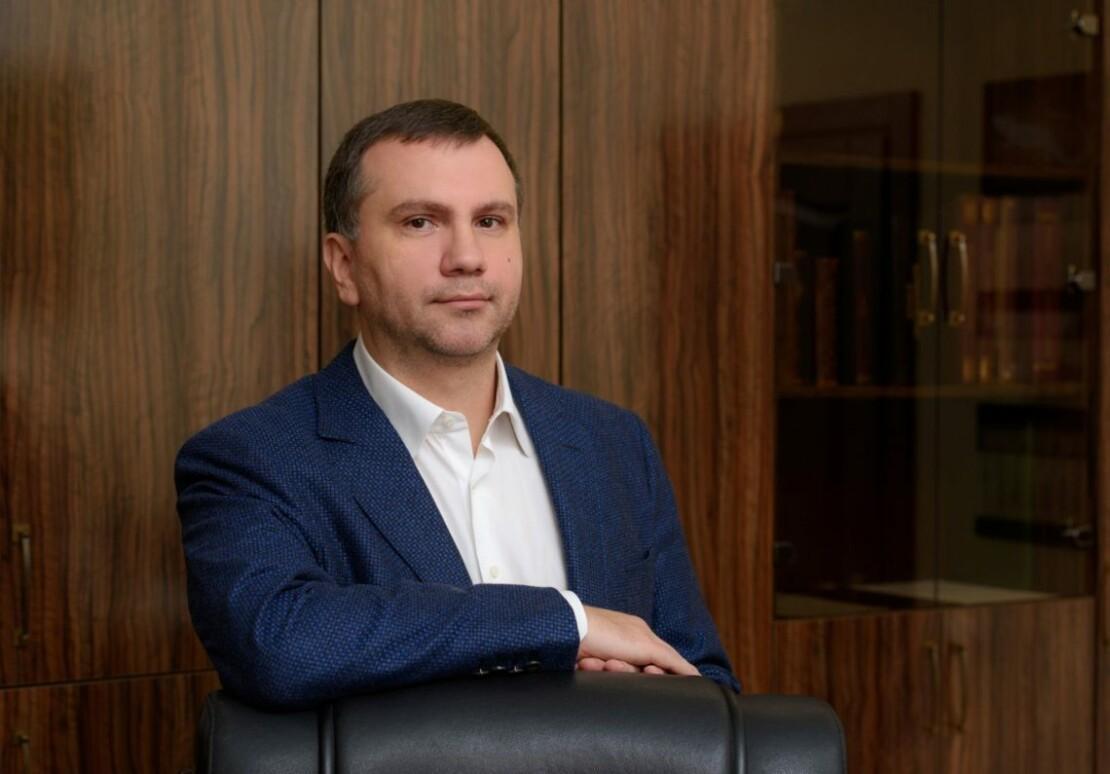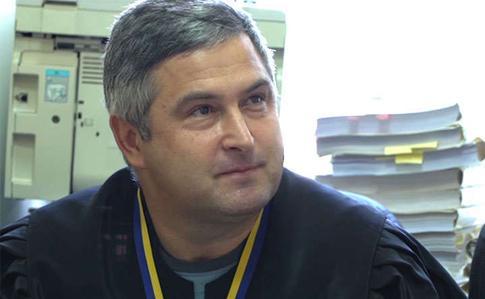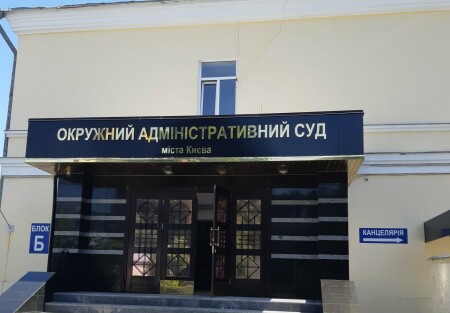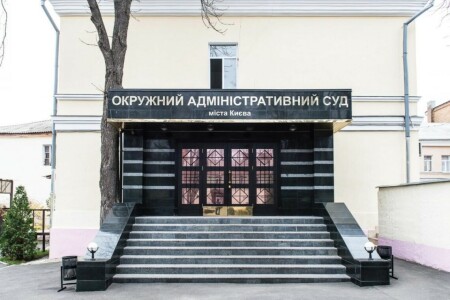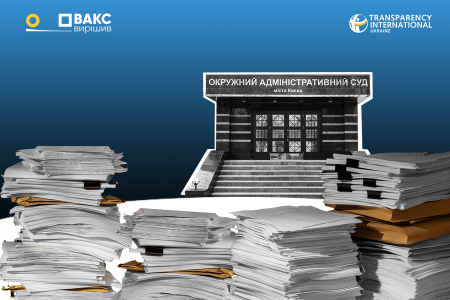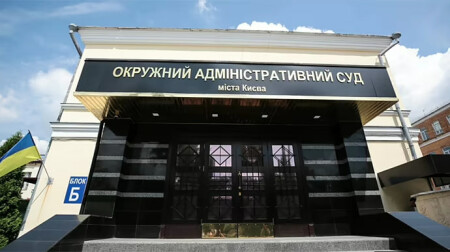Case description
The NABU and the SAPO accused Pavlo Vovk, former Chairman of the liquidated Kyiv District Administrative Court (KDAC), and a number of other defendants of establishing a criminal organization for the alleged seizure of the judicial power. The investigation was conducted based on the published recordings of private conversations, the so-called "KDAC tapes" or "Vovk tapes."
The National Bureau reported on investigations into possible interference of the KDAC judges in the work of public authorities on several occasions, both in 2019 and 2020, with the publication of the relevant tapes.
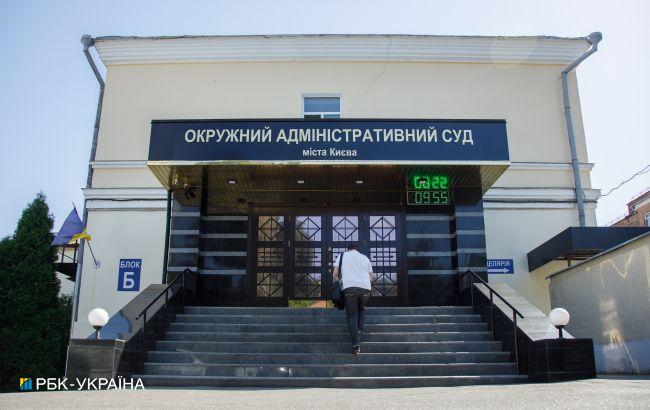
The KDAC is remembered for its rather scandalous decisions. For example, during the Revolution of Dignity, Judge Yevhenii Ablov granted a lawsuit filed by a citizen who was prevented from moving by protesters' barricades. As a result, this decision became the basis for the dispersal of the protesters by Berkut special forces.
In January 2021, another judge of this court, Nataliia Klymenchuk, in a panel with judges Ihor Ishchuk and Yuliia Shramko, passed a verdict overturning the CMU resolution on the new spelling. Later, this decision was overturned in the appellate instance.
Interestingly, on December 30, 2021, just two months before the start of the full-scale war, Yanukovych had filed a lawsuit with the KDAC, asking to recognize that the Verkhovna Rada had no authority to deprive him of the title of president in any way other than impeachment. Effectively, Yanukovych wanted to reinstate himself in office shortly before Russia's full-scale invasion of Ukraine.
This case was assigned to the aforementioned Judge Ablov, who initiated simplified proceedings without notifying the parties of the dispute. However, in April 2022, Ablov dismissed the lawsuit without consideration, as Yanukovych had not filed a motion to extend the time limit for appeal.
In December 2022, the scandalous KDAC was liquidated by a separate law after the relevant petition on the President's website gained votes. The explanatory note to this law stated that the liquidation of the KDAC would increase public confidence in the judiciary and ensure citizens' access to an independent and impartial court.
According to the investigation, former KDAC Chairman, Pavlo Vovk, together with other judges and officials (the criminal group consisted of 11 people) planned to establish control over the High Qualification Commission of Judges of Ukraine and the High Council of Justice. In fact, it is an attempt to seize the judicial power in Ukraine.
In addition, the defendants passed favorable verdicts in their own interests, as well as in the interests of political elites and business circles. In particular, for this purpose, Vovk used a scheme to file artificial administrative lawsuits from fake NGOs or individuals to his own court with further "superfast" consideration and a predetermined outcome.
The defendants also planned to prevent the HQCJ from vetting the KDAC judges. The tapes also revealed plans to submit artificial complaints to the KDAC about the work of the HQCJ, which is not authorized to assess judges. In May 2019, 34 KDAC judges did not come to the HQCJ for the qualification assessment, all of them provided sick leave certificates.
The recordings also contained conversations about the then Ombudsman Liudmyla Denisova, who challenged the findings of the National Agency on Corruption Prevention (NACP) audit in this very Kyiv District Administrative Court. Vovk allegedly agreed with Denisova to replace one of the HQCJ members (appointed under the Ombudsman's quota) with the right person, and Denisova was granted a positive decision regarding her complaints against the NACP.
It is also known from the case file that Vovk contributed to the non-disciplinary prosecution of Bohdan Sanin, one of the defendants and a scandalous judge who ruled against protesters during the Revolution of Dignity.
After regular searches in the KDAC in July 2020, Vovk, his deputy Yevhenii Ablov, and six other KDAC judges—Ihor Kachur, Oleksii Ohurtsov, Ihor Pohribnichenko, Bohdan Sanin, Viktor Shulezhko, and Volodymyr Keleberda were served with suspicion notices. Vovk's actions were classified under a number of Articles — Article 255(1), Article 27(3), Article 109(1), Article 369-2(2), Article 344(2) of the Criminal Code of Ukraine. His deputy Ablov is charged with Article 255(1), Article 109(1), Article 27(5), Article 351-2 of the Criminal Code of Ukraine. The KDAC judges Pohibnichenko, Sanin, Kachurov, and Ohurtsov are charged with Article 255(1), Article 109(1), Article 27(5), Article 351-2 of the Criminal Code of Ukraine.
Later, former HQCJ members Serhii Ostapets and Mykola Sirosh were added to the list of suspects, they are charged with Article 255(1), Article 351-2, Article 109(1) of the Criminal Code of Ukraine. Former judge and lawyer Oleksandr Krotiuk was also served with a suspicion notice under Article 351-2 of the Criminal Code of Ukraine.
Nazarii Kholodniuk, the then Chairman of the State Judicial Administration, was also served with a suspicion notice. According to declassified recordings of conversations, Vovk and Kholodniuk allegedly agreed to disrupt the competition to the SJA so that Kholodniuk could keep his position and to appoint the right person to the HQCJ under the State Judicial Administration quota in exchange. However, in June 2023, Kholodniuk was released from liability due to the expiration of the statute of limitations.
The preparatory court hearing lasted almost 2 years: the indictment was referred to the court on June 17, 2022, and the first hearing on the merits took place on April 22, 2024. The defense is delaying the case by challenging judges and postponing hearings for various reasons.


